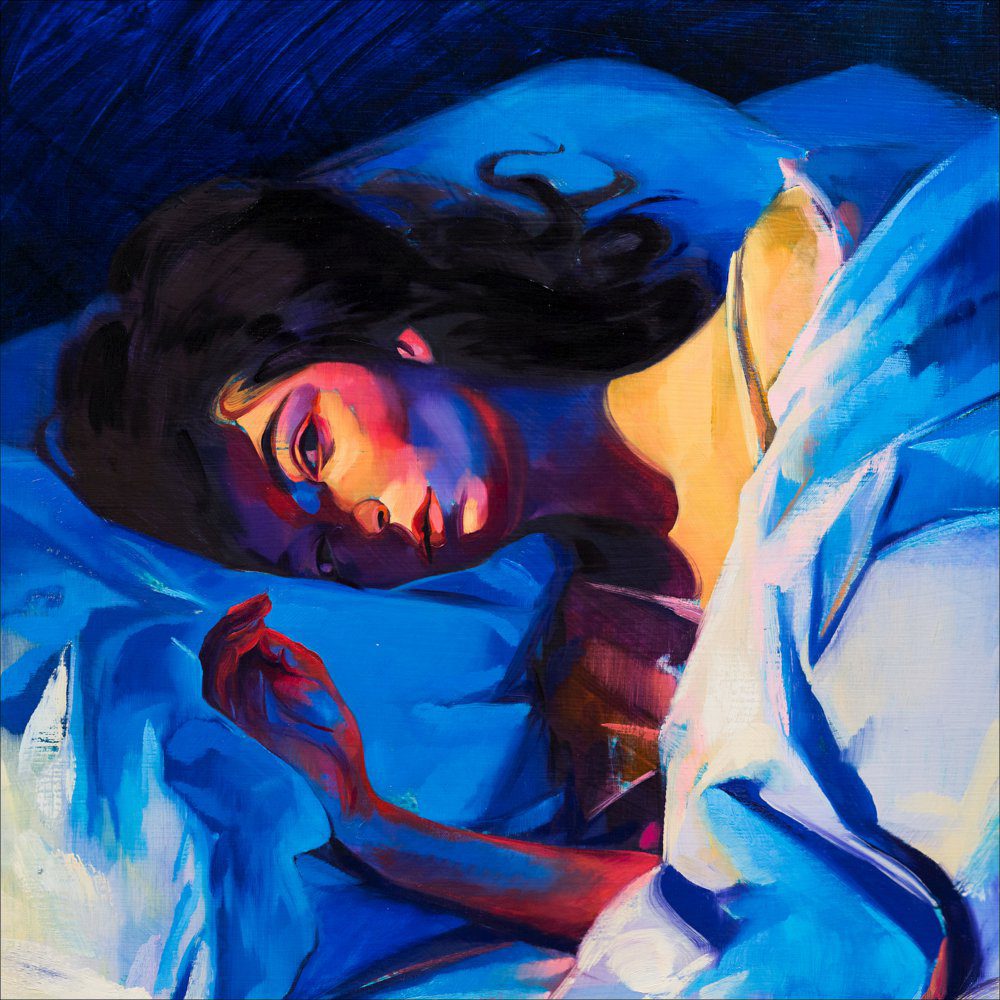At only 20 years old, Ella Yelich-O’Conner, better known as Lorde, has released one of the most anticipated albums of the year.
“Melodrama” follows her freshman studio release “Pure Heroine.” It took the New Zealand singer four years to release an album, but that didn’t mean she took a break. In between albums, Lorde stayed busy, writing a number of songs for other artists. She was also featured in a couple of other artists’ music and even made an appearance on the “Hunger Games: Mockingjay-Part One’s” soundtrack.
In these four years, Lorde has, without a doubt, matured in her music and has only gotten stronger in her writing. Her lyrics have not lost that honesty and sharpness that sprung her to the top in 2013. Her lyrics reflect how she openly doesn’t care what people think. She writes it how she sees it. Her writing is refreshing in its honesty. No one wants to admit to feeling pathetic and being a mess of a person, but Lorde embraces it and puts it all out there with her music.
The last song on the album, “Perfect Places,” sums up the New Zealand native best with “I’m 19 and I’m on fire.”
Rest assured, this is definitely not the 2.0 to “Pure Heroine.” Everything in this album is told after a break up, but it is in no way a break-up album. Lorde herself described it as a record about being alone. It certainly translates that way, making this album rare and remarkable.
What “Melodrama” achieves perfectly is translating the despairing loneliness that comes after a break up and the desperate attempts at escaping the sadness and reality that come with being left alone with heartbreak. This is all told through vibrant and fluorescent sounds, showing us melancholy under a different light.
Lorde’s most mature song on this album is “Hard Feelings/Loveless.” This could have easily been two completely opposing songs, but Lorde succeeds in merging them together to portray her feelings more honestly. The “Hard Feelings” part of the songs is tender and sad in trying to be okay with losing not only a person, but the memories that come with them and living a life without them. “Loveless” is the vindictive and scorned lover who is past being sad and is out for retribution. It’s the way the contradicting sounds in this track compliment the lyrics that make it compelling.
Months ago, when she released “Liability,” it was one to listen for. It’s so raw and gives a more stripped down song, something listeners had been waiting to hear from the singer for years now. Lorde presents all of her insecurities in this song, when she’s left devastated and alone with no one but herself to carry on. It’s the song that leaves the listener haunted and facing the reality that the only person they will ever be able to count on is oneself.
This song is about that moment you start to understand the reasons a person had for leaving you and maybe you are difficult to love: “I understand, I’m a liability. Get you wild, make you leave. I’m a little much for e-a-na-na-na, everyone.”
She achieves something similar in the track “Writer in the Dark.” In it, Lorde pens an open letter to her ex, letting him know how she’s doing in life now that she’s found a way to live without him, but she’ll still never stop loving him. The lyrics are unapologetic. Lorde is more soft spoken in this track, truly conveying the emotions.
Jack Antonoff’s production shines the most with “Sober.” From the beginning, it’s unlike anything out there today. Lorde and Antonoff played with the sounds so well that the song throws you into the party in the intoxicated, yet frantic state the song sings about.
The song is told from the perspective of someone on a high trying to forget the loneliness she faces when she’s sober. The aftermath of that comes later in the album through “Sober II.”
“Green Light” was the perfect lead single for this album. It’s a vibrant song about desperately wanting that green light to finally be over someone and get on with new things in life. In the song she says, “Cause honey I’ll come get my things, but I can’t let go (I’m waiting for it, that green light I want it). Oh I wish I could get my things and just let go.” The beats builds up as the song progresses, making it a great track to dance to.
She couldn’t have picked a better lead single to showcase her ability to write mature and relatable lyrics while pairing them with sounds that have yet to be introduced to pop music.
“Melodrama” represents a departure from the high school party narrative of “Pure Heroine” and ultimately gives Lorde a place at the adults’ table. Although she still sings about being at parties, the record places an emphasis on more serious themes.
Lorde manages to pack “Melodrama” with a lot of synth without drowning in it. The production is done incredibly well by Antonoff and Joel Little. Not one song sounds like the previous one, but they all fit perfectly well to form one concept. They also play with her voice in various ways throughout the whole album so the lyrics can carry more weight.
“Melodrama” does not necessarily sound like a girl hurt by her first love. It is a well thought out, realistic and mature account of what comes after major heartbreak and the wisdom that comes with the self discovery you make through being alone. After listening to the synth-filled album, one emerges with a sense of self-appreciation and euphoria.












